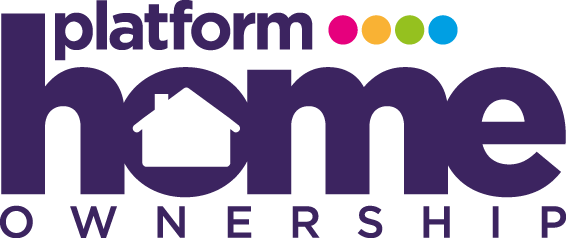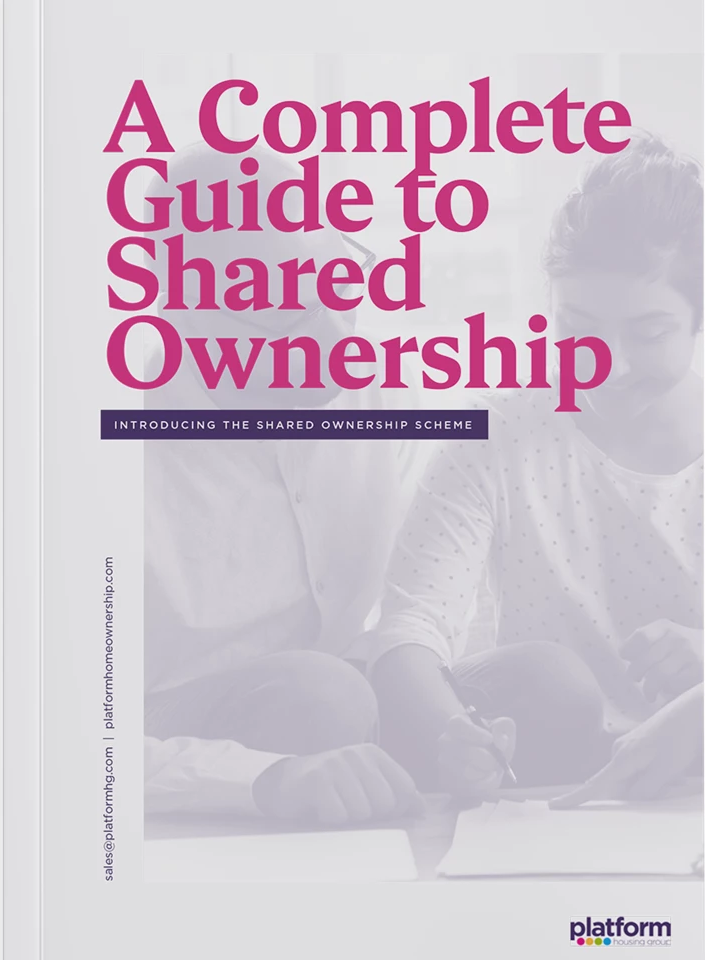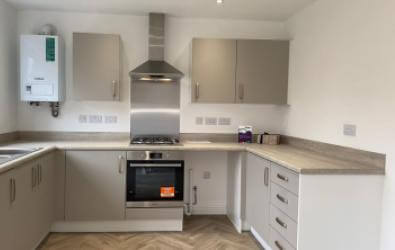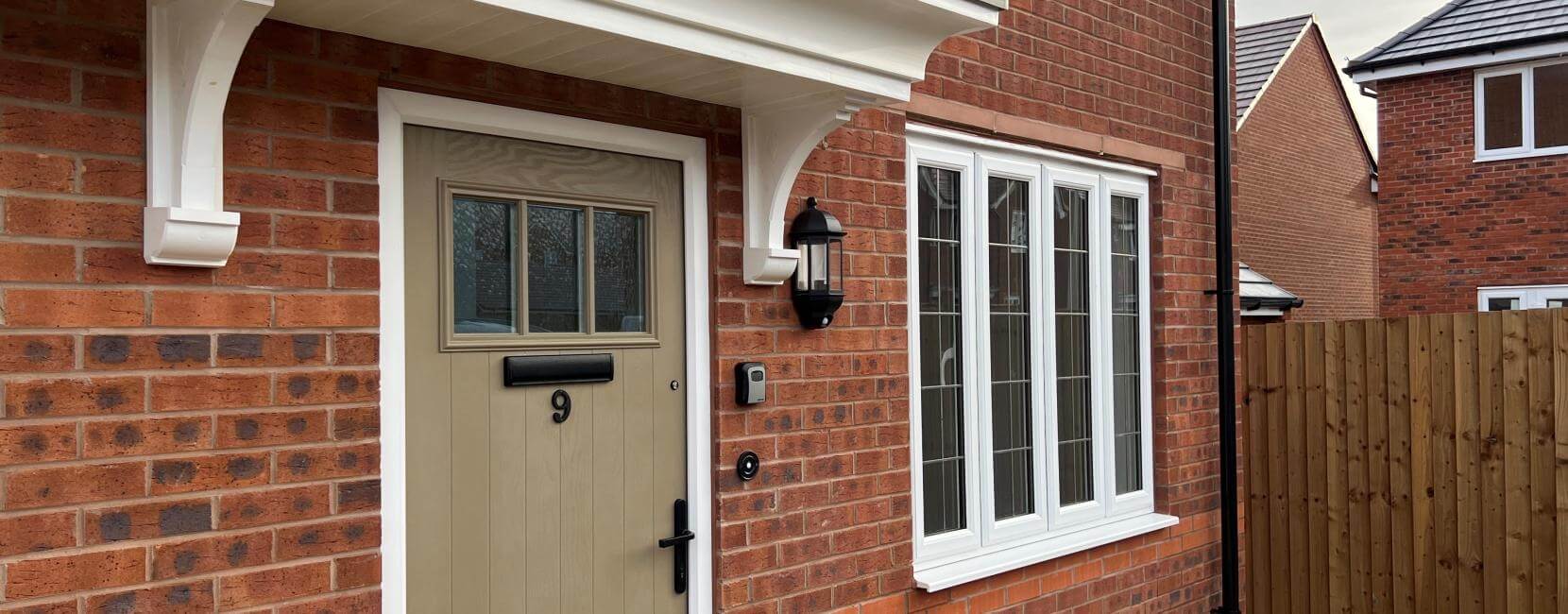
Shared Ownership Pros and Cons
If you’re finding it difficult to get a foot on the property ladder, you might want to consider buying a shared ownership house.
As an alternative to buying outright, shared ownership is an affordable home ownership scheme that sits somewhere between renting and buying. More importantly, however, shared ownership often minimises one of the biggest challenges of buying a house - getting a large deposit together.
While we’ve written more about how to buy with shared ownership, this article will explore the shared ownership pros and cons that might affect you when you buy a shared ownership home.
Why Choose Shared Ownership?
Over the last decade, Shared Ownership has risen in popularity, particularly since Help to Buy ended and affordability issues in the market persisted.
More and more people have chosen it has an affordable home ownership scheme due to the flexibility and accessibility it provides, especially in terms of getting a deposit together.
While buying on the open market often requires a deposit based on the full market value of the property, buying through Shared Ownership may only require a 5% deposit on your initial share - 25% for example.
This makes it much easier to get a deposit together and start your home ownership journey.
More flexibility with staircasing

More control over property sales
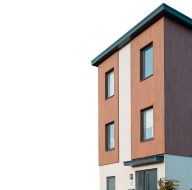
Lower minimum share purchase
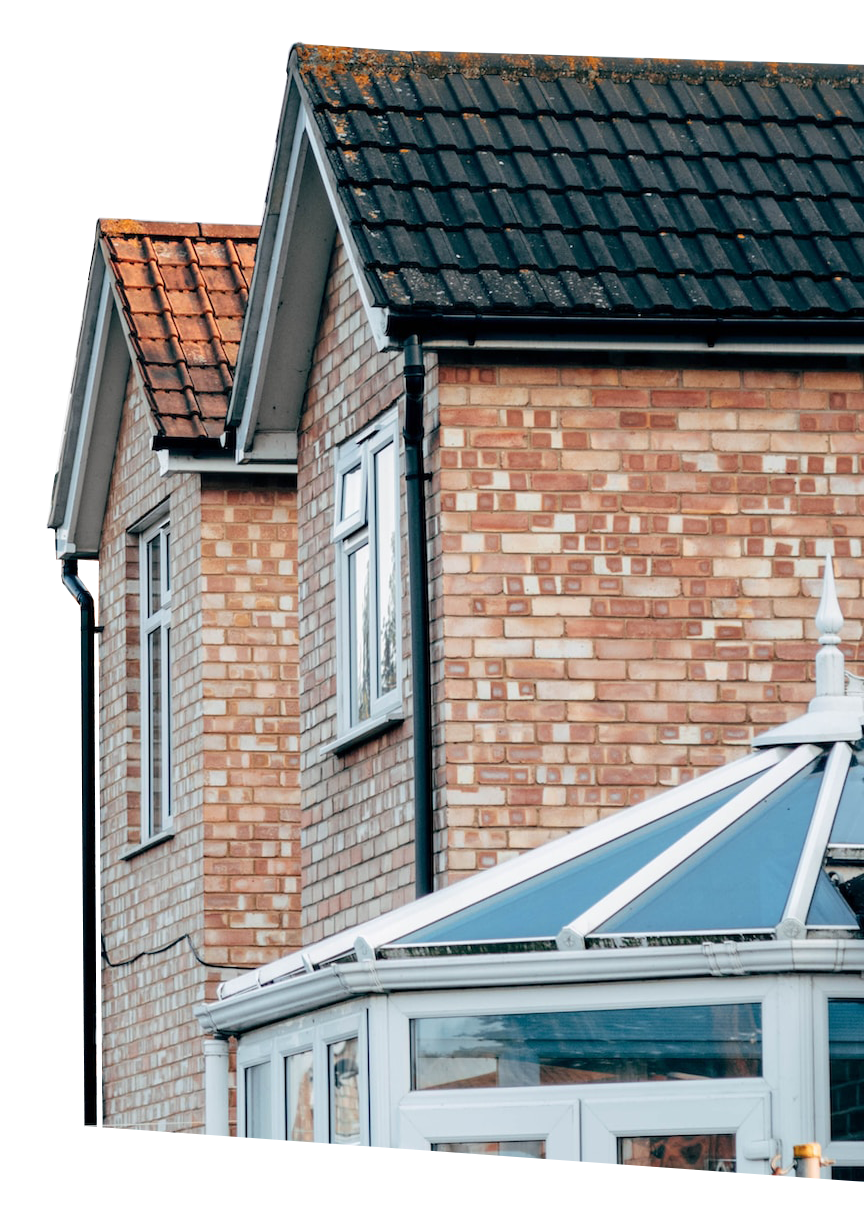
Advantages
What are the Shared Ownership Advantages?
When we look at both shared ownership advantages and disadvantages, there’s definitely some factors that can change depending on your own individual circumstances. Below are some of the fundamental advantages of shared ownership:
Accessibility
The main advantage of shared ownership is that it’s much more accessible than buying outright.
Since you’re only paying for a certain share of a property and not the whole thing, this often means you need a smaller mortgage and thus, a smaller deposit.
While you still have to pay rent and a reduced mortgage payment, which may be around the same as a full mortgage repayment, you don’t have to scrape together a huge deposit which can often be the biggest hurdle.
At the same time, another advantage of shared ownership is that while you’re still paying a form of rent, the share of the home that you own can increase in value in line with local house prices. This means that you’re still building equity which is useful when you take your next step.
Flexibility
Another great shared ownership pro is that it’s very flexible for the buyer. You can always buy a larger share of the property and work towards full ownership at your own pace.
This process is called staircasing and can be in small steps or one large chunk, depending on how your financial situation changes.
While it’s important to remember that you’ll be buying a share at the current market value - not the original price - the opportunity to buy whenever you’re comfortable is often very reassuring for new homebuyers.
Desirable locations
Since you’re buying with a lower deposit and at a lower overall value, shared ownership homes are often a great option for purchasing in more desirable, expensive areas.
Platform has a number of new homes in extremely popular areas that are specifically for shared ownership buyers which is great if you have your heart set on an area with great schools or local amenities.
This is a unique advantage to shared ownership and often opens up many more opportunities for homebuyers that wouldn’t usually be possible.
Disadvantages
What are the Shared Ownership Disadvantages?
As with any large purchase, it’s important that you do your due diligence and research the process fully. The same applies to shared ownership and some of the pitfalls that can impact homebuyers. Here are some of the shared ownership disadvantages that you’ll want to consider if you're buying through the scheme:
You’re still a tenant
It’s important to remember that while you’re only paying rent on a share of the property, you’re still a tenant and certain rules apply.
You can still be evicted if you fail to pay rent, regularly causing disturbances for neighbours or not following the rules for sub-letting and similar instances.
This means it’s up to you to make sure that you can afford both the rent and the mortgage payments before you take on a shared ownership property.
Stamp duty considerations
While you don’t pay stamp duty as a first-time buyer, the rules shift slightly if you buy a shared ownership home. First-time buyers of a shared ownership home pay no stamp duty on the first £425,000 of any home that costs up to £625,000.
However, it’s possible to pay stamp duty in two different ways - either based on the full amount upfront or just on the share that you’re buying.
If you pay the full amount upfront, this is obviously a higher expense but you never have to pay it again, even if you buy the whole property outright.
If you pay the stamp duty on the portion, this is obviously a lower initial cost but you will have to pay again (and potentially more) when you staircase to an ownership share of 80% or more.
It’s important to talk to a financial professional, solicitor or our team at Platform if you want to know more about how stamp duty impacts shared ownership and first-time buyers.
Service charges
Regardless of how low your share is, you'll likely have to pay any ground rent or service charge that is present on your property.
It’s important to remember this when you’re planning your finances and how it might change throughout the process.
If you want to know more about shared ownership or see the shared ownership properties we have available, get in touch today.
